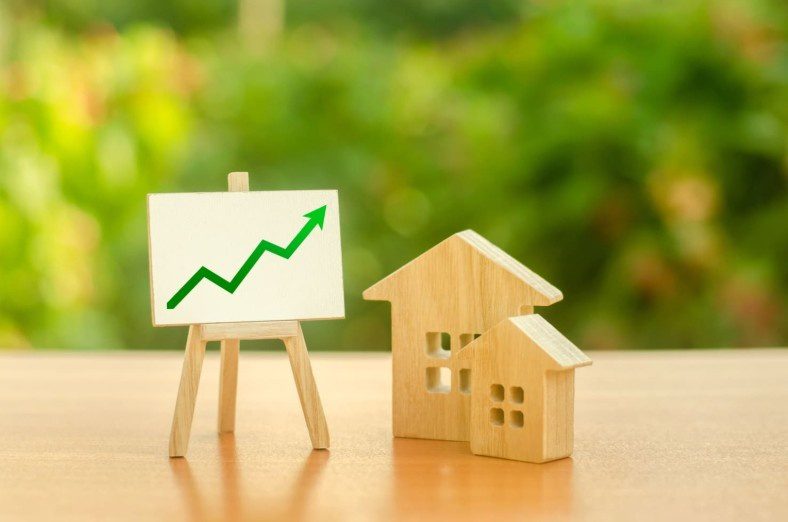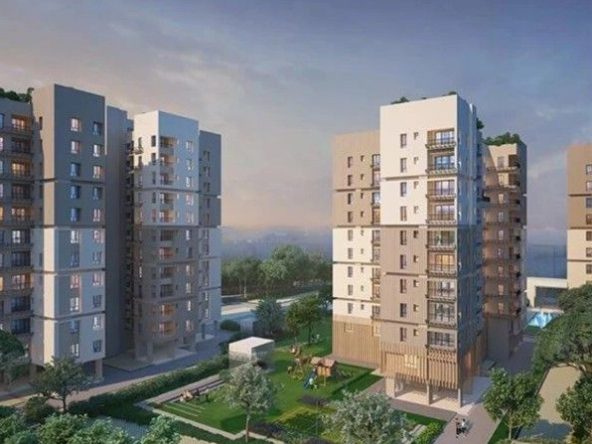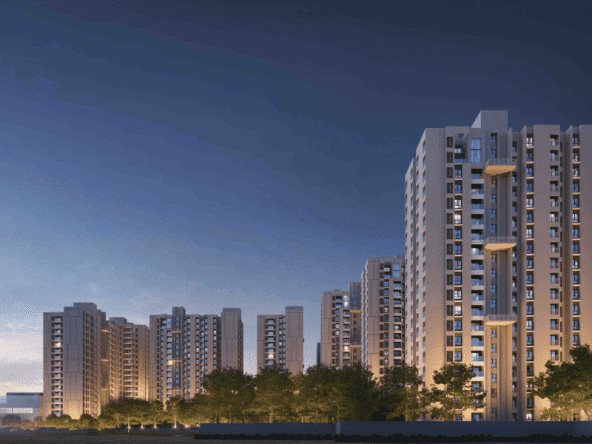According to the March 2024 report by CREDAI, average housing prices across India rose by 9% year-on-year. It is almost reaching Rs 10,226 per square foot in the fourth quarter of 2023. The report attributes this price surge to a significant rise in housing demand, particularly in the mid and luxury residential properties.
All eight major cities—Ahmedabad, Bengaluru, Kolkata, Chennai, Delhi NCR, Hyderabad, the Mumbai Metropolitan Region (MMR), and Pune—experienced a hike in housing prices during Q4,2023.
In this blog, Srijan Realty, a trusted real estate developer in Kolkata will explain which city in India has experienced the most housing price hikes and what factors are playing a role in hiking the price of the real estate property. So, read on!
Cities in India Have Experienced Housing Prices Hike
It can be said that metropolitan cities such as Bengaluru, Pune, Kolkata, and Hyderabad have experienced higher housing prices. The most interesting thing is every individual city’s house price has increased in a different ratio. In the following part, we pick every single metropolitan city and describe their rising house prices range.
-
Bengaluru, Karnataka
Bengaluru experienced the highest increase in housing prices among India’s top eight cities, with a 21% year-on-year rise. In particular, the peripheral and outer east sub-markets of Bengaluru saw a 42% increase in Q4, as reported.
The demand for 1BHK apartments remained high, leading to a 36% year-on-year price increase, especially in emerging IT areas like Whitefield, KR Puram, and Sarjapur.
-
Kolkata, West Bengal
In Kolkata, housing prices rose by 11% year-on-year in Q4. The South Kolkata and East Kolkata sub-markets recorded the highest annual price increases of about 32% and 27%, respectively, driven by strong demand due to their proximity to IT hubs.
Additionally, approximately 63% of the unsold units in Kolkata were in the affordable and mid-range segments, with the majority located in East Kolkata.
-
Hyderabad, Telangana
In Hyderabad, housing prices saw a 10% annual increase, with the Southwest submarket experiencing the highest surge at 24% year-on-year in Q4. The report noted that 4BHK units had the largest annual price increase at 14%, followed by 1BHK units with an 11% rise.
An interesting trend is that around 95% of the unsold inventory is under construction, indicating positive developer sentiment due to promising demand from the IT sector and upcoming infrastructure projects.
-
Pune, Maharashtra
In Pune, housing prices rose by 10% year-on-year due to increased demand for high-end luxury properties in the Baner and Camp sub-markets.
The report predicts that Baner, Shivajinagar, and Nagar Road sub-markets will see a rise in residential activity over the next 2-3 years, driven by the upcoming Metro Line 3 and large office developments. In Pune, 2BHK and 3BHK apartments experienced the highest annual price increase of 8%.
The Primary Factors Contributing To Rising House Prices
- Strong Demand: Increased demand from homebuyers, particularly in the mid and luxury segments, drives prices up. Factors such as population growth, urbanization, and rising incomes contribute to this demand.
- Economic Conditions: Healthy macroeconomic factors like low unemployment rates, economic growth, and favourable interest rates make borrowing cheaper, encouraging more people to buy homes.
- Construction Costs: Rising prices of construction materials, labour, and land increase the overall cost of building homes, which is often passed on to buyers in the form of higher prices.
- Investment Demand: Real estate is often seen as a lucrative investment. Increased investor activity, both domestic and international, can drive prices up.
- Infrastructure Development: The development of new infrastructure such as roads, metro lines, and other amenities increases the attractiveness of certain areas, driving up property values in those locations.
- Government Policies: Policies such as tax incentives for homebuyers, subsidies, and relaxed regulations can boost demand and raise prices.
- Speculation: Speculative buying, where investors purchase property expecting to sell at a higher price. It can inflate housing prices.
- Market Sentiment: Positive market sentiment and confidence in the real estate market can drive prices up as more people are willing to invest in property.
- Urbanization: As more people move to urban areas for better job opportunities and living standards, the increased demand for housing in cities drives prices higher.
Final Words
Robust demand, favourable economic conditions, increased construction costs, and limited supply drive rising house prices. Factors like infrastructure development, government policies, and speculative investment also contribute.
As urbanization continues and market sentiment remains positive, for that reason, housing prices are expected to keep climbing, presenting both challenges and opportunities for homebuyers and investors. If you are thinking of buying a new property in Kolkata, then contact the real estate company in Kolkata, Srijan Realty to get the best property at the best price range in Kolkata.



